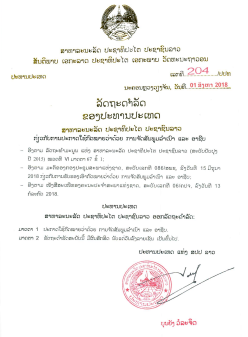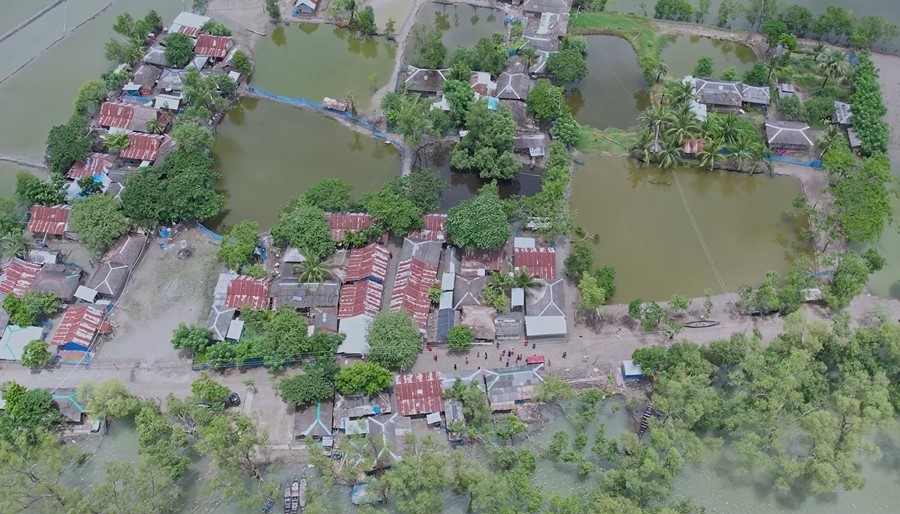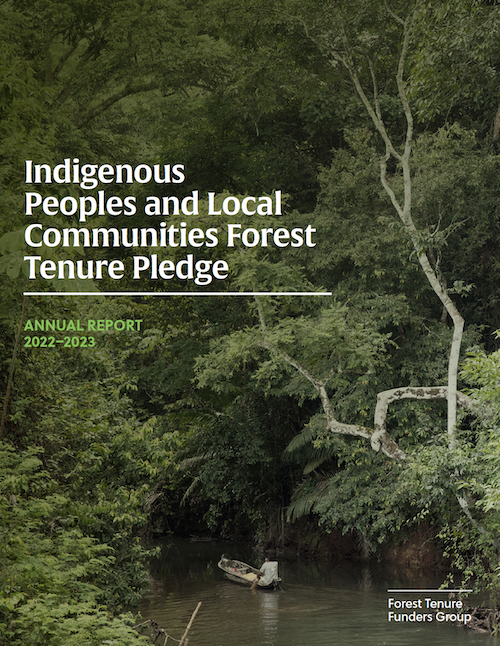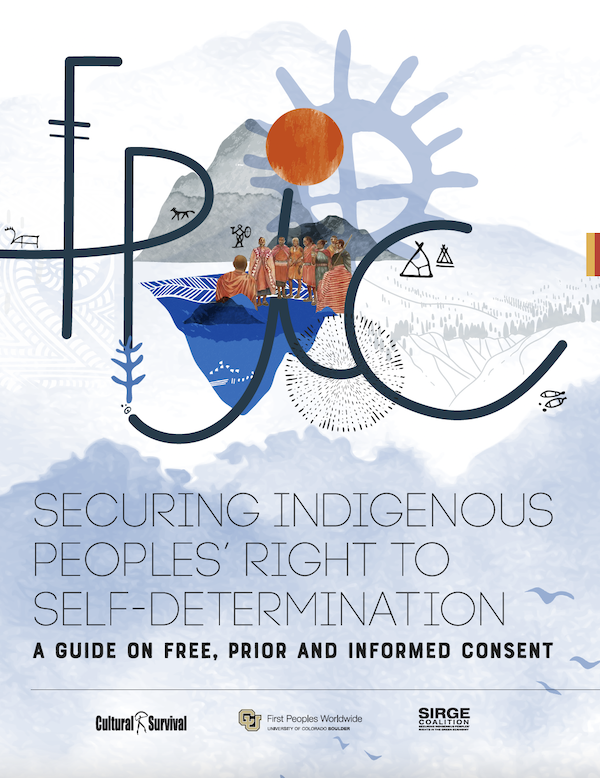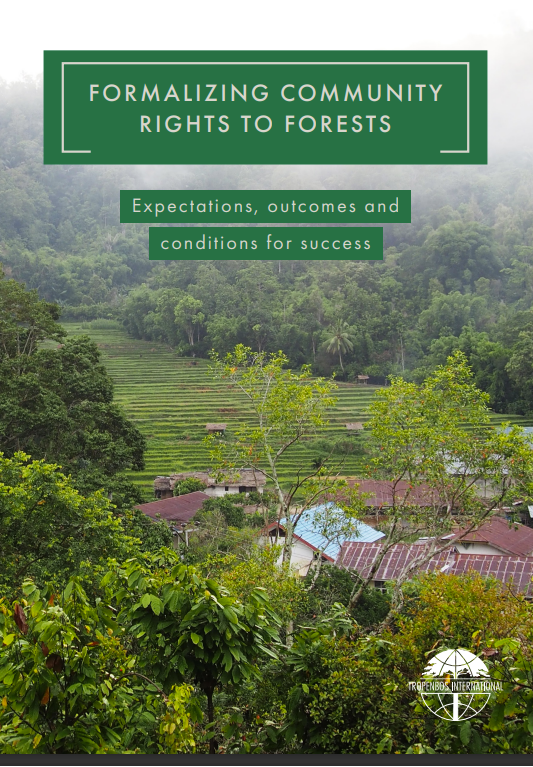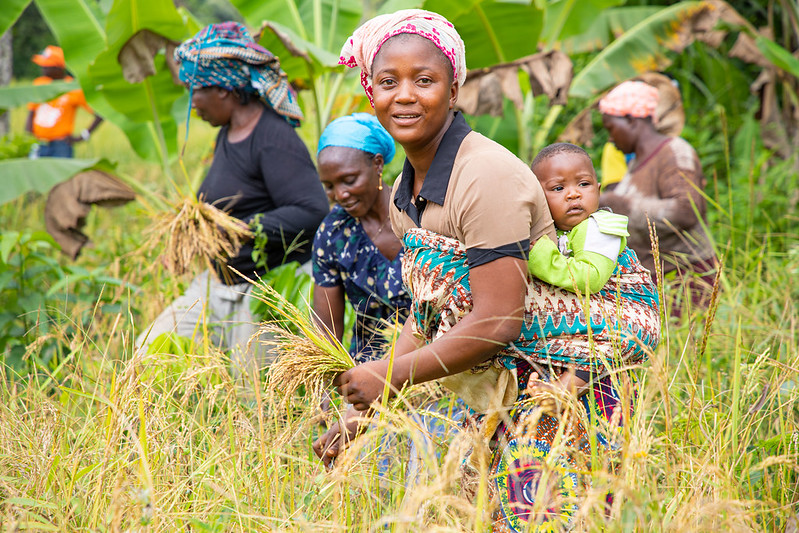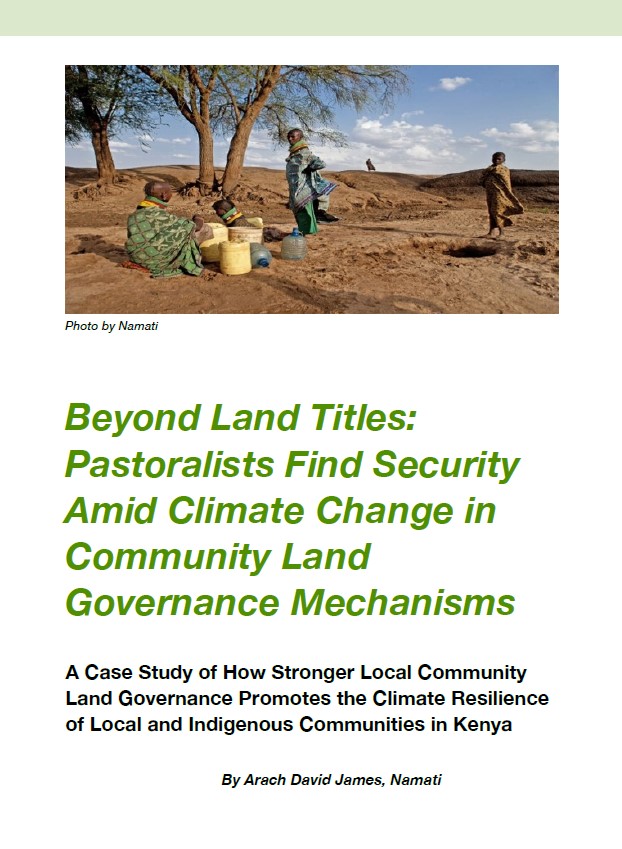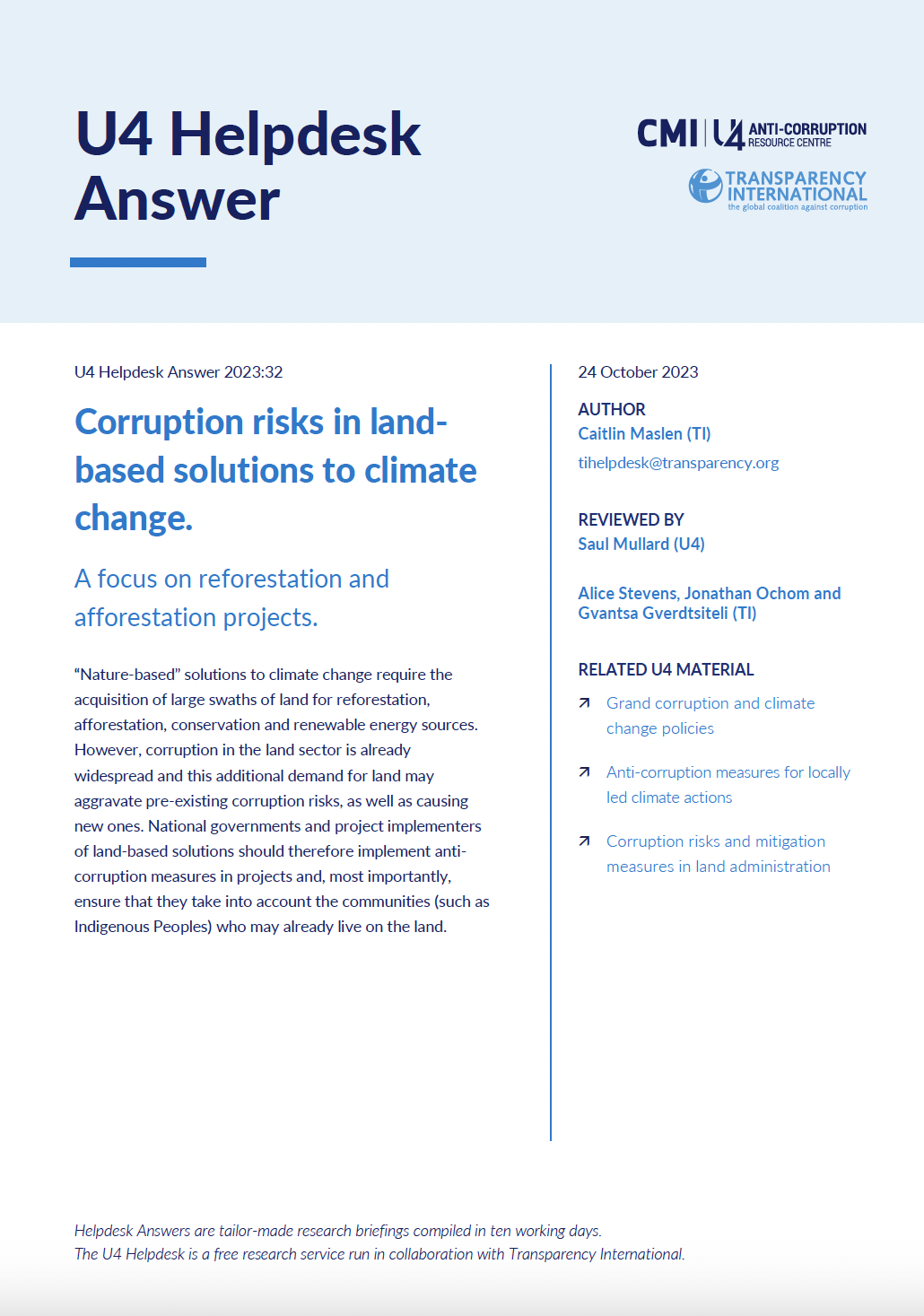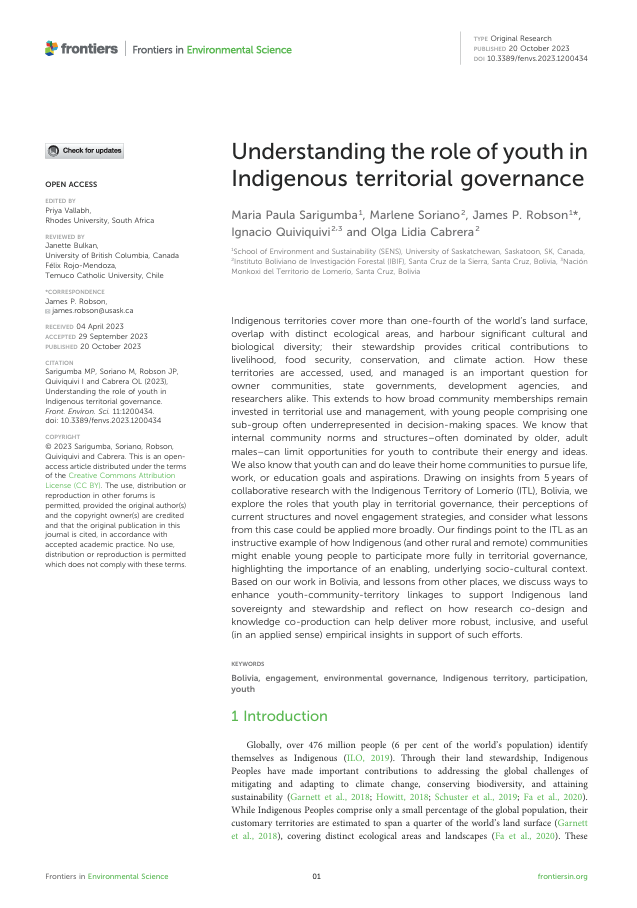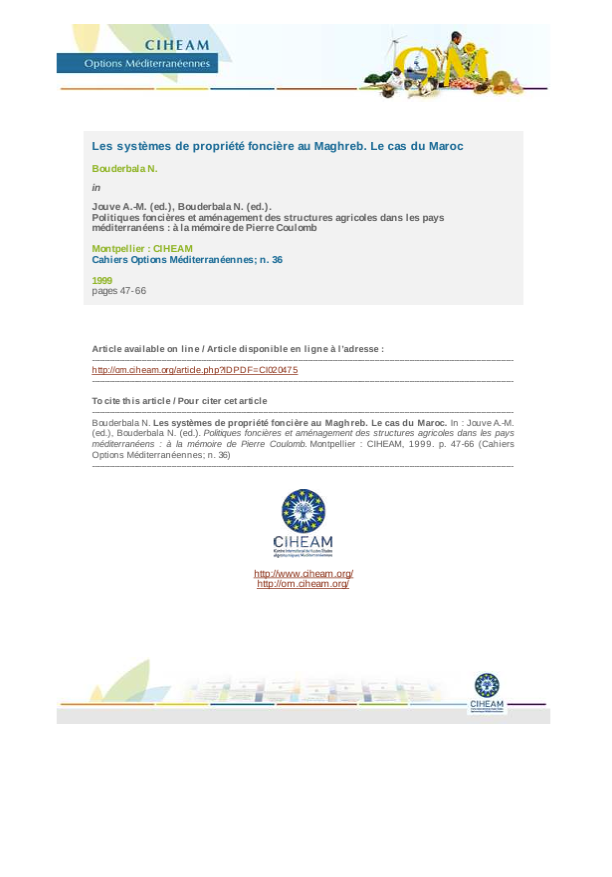Land and conflict
Struggles to control valuable land, natural and mineral resources are at the heart of many conflicts around the world. Many have their roots in colonial conquest and post-colonial resource grabbing by colluding local and global elites. Land conflicts frequently entail clashes of values and meanings associated with land. Conflict risk is rising with climate change and the race to control critical mineral and water resources. Millions of people face loss of livelihoods and displacement.

